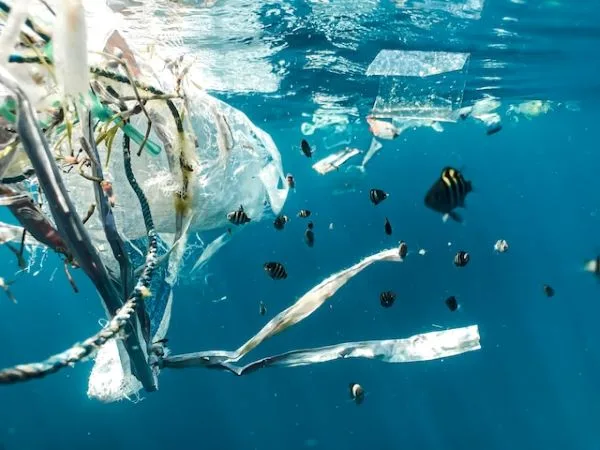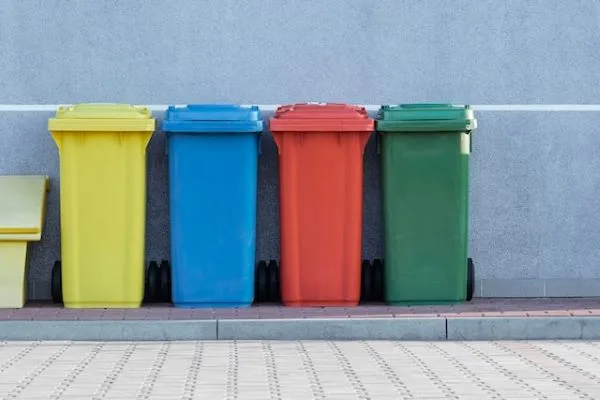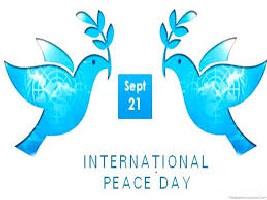How Does Recycling Help Keep Oceans Clean? 6 Benefits for Marine Conservation

The world’s oceans are vital to the health of our planet, supporting diverse marine life and regulating the global climate. However, over the years, these precious ecosystems have faced unprecedented threats due to pollution, including plastic waste. Discarded plastics end up in the oceans, posing severe risks to marine life and the environment. One of the most effective ways to combat this menace is through recycling. Recycling plays a crucial role in keeping oceans clean and safeguarding marine conservation. In this article, we will explore the various benefits of recycling for marine conservation, highlighting how this simple yet powerful act can make a significant difference in preserving our oceans for future generations.
Reducing Plastic Waste Leakage
Plastic pollution is a major contributor to the deterioration of marine ecosystems. Discarded plastics, such as bottles, bags, and fishing nets, often find their way into the oceans, where they break down into smaller particles known as microplastics. These microplastics are ingested by marine animals, causing harm to their health and disrupting the entire food chain. By recycling plastic waste, we can significantly reduce the amount of plastic that ends up in the oceans. When plastics are recycled, they are processed into new products, reducing the demand for virgin plastics. This, in turn, lowers the likelihood of plastic waste leakage into the marine environment, mitigating the adverse impacts on marine life, and maintaining the cleanliness of our oceans.
Conserving Energy and Resources
Recycling not only helps in reducing plastic pollution but also plays a vital role in conserving energy and natural resources, which are essential components of marine conservation. The production of plastic from raw materials consumes vast amounts of energy and fossil fuels, contributing to greenhouse gas emissions and climate change. However, when plastics are recycled, the energy required for manufacturing new products is significantly reduced. Moreover, recycling also lessens the need for extracting new raw materials, thereby preserving natural resources like oil and natural gas that would otherwise be used for plastic production. By conserving energy and resources through recycling, we can indirectly contribute to the health of our oceans by mitigating the impact of climate change and reducing the exploitation of marine ecosystems.
Preventing Harm to Marine Animals
Recycling directly protects marine animals from the dangers of plastic debris. Many marine species, including seabirds, turtles, and marine mammals, are severely affected by plastic pollution. They often mistake plastic items for food or become entangled in plastic debris, leading to injuries, suffocation, and death. By recycling, we can decrease the number of plastics in the oceans, making it less likely for marine animals to encounter these hazardous materials. This, in turn, improves their chances of survival and helps maintain the delicate balance of marine ecosystems. Moreover, when we recycle, we also support initiatives that promote responsible waste management, which can further prevent plastic waste from ending up in the oceans.
Encouraging Circular Economy
One of the key benefits of recycling for marine conservation lies in its ability to foster a circular economy. In a linear economy, products are created, used, and then discarded as waste. This leads to a significant amount of waste, including plastic pollution, finding its way into the oceans. However, recycling transforms this linear approach into a circular one. When plastics are recycled, they are given a new life as raw materials for manufacturing new products. This closed-loop system reduces the need for extracting new resources and minimizes waste generation. By embracing the circular economy through recycling, we can break the cycle of plastic pollution and reduce the marine pollution crisis that threatens marine ecosystems and wildlife. It also encourages businesses and industries to adopt sustainable practices, further contributing to marine conservation efforts.
Raising Awareness and Education
Recycling plays a crucial role in marine conservation by not only directly reducing pollution but also by raising awareness and educating the public about the importance of protecting our oceans. When we engage in recycling practices, we become more conscious of our consumption patterns and waste generation. This increased awareness prompts us to make more sustainable choices in our daily lives, such as opting for reusable products and minimizing single-use plastics. Additionally, recycling initiatives often involve educational programs that highlight the impact of plastic pollution on marine life and the environment. These programs help instill a sense of responsibility and environmental stewardship among individuals, communities, and future generations. By creating a culture of recycling and environmental awareness, we can collectively work towards keeping our oceans clean and preserving marine biodiversity.
Supporting Green Innovation
Recycling not only benefits marine conservation directly but also indirectly drives green innovation and research. As the world grapples with the challenges of plastic pollution and its impact on oceans, the demand for sustainable alternatives increases. Through recycling, we encourage the development of eco-friendly materials and technologies that can replace traditional plastics. Biodegradable plastics, for example, offer a promising alternative to conventional plastics that take hundreds of years to decompose. By supporting recycling efforts and choosing products made from recycled materials, consumers contribute to the market demand for green innovations. This, in turn, incentivizes companies to invest in research and development of sustainable solutions. By backing green innovation, recycling becomes a catalyst for long-term marine conservation and fosters a healthier relationship between human activities and the ocean environment.
In conclusion, recycling goes beyond just waste reduction; it is a powerful tool that supports marine conservation on multiple fronts. By encouraging a circular economy, raising awareness and education, and supporting green innovation, recycling significantly contributes to the cleanliness and preservation of our oceans. It empowers individuals and communities to take action against plastic pollution, fostering a sense of environmental responsibility. To safeguard our marine ecosystems for future generations, we must continue to prioritize recycling and advocate for sustainable practices. By working together, we can make a positive impact on marine conservation, ensuring that our oceans remain vibrant, healthy, and teeming with life.






